- Published on
The Complex World of Modern Combat Sports
Combat sports like boxing and MMA have always had their share of intrigue, but today, the landscape is rife with contradictions and complications. From controversial refereeing decisions to the business-driven nature of matchmaking, the fight game has evolved into something much different than it was in the past. In this post, we'll break down the strange and often frustrating aspects of modern combat sports.
Refereeing Decisions – The Case of Bivol vs Beterbiev
One of the biggest complaints from fans today is the inconsistency in refereeing and judging decisions. A glaring example is the highly anticipated bout between Dmitry Bivol and Artur Beterbiev. Fans expected a fight between two of the most powerful light heavyweights to be a showcase of boxing brilliance. Instead, questionable refereeing, including early stoppages and inconsistent scorecards, soured the experience for many. In comparison, fights like the first Ali vs. Frazier bout, which was decided after 15 grueling rounds, were seen as fair and straightforward despite the intensity.
Former heavyweight champion Lennox Lewis once remarked, "It’s always disheartening to see fights end with a controversial decision... It leaves fans wondering what could have been." Today, these incidents seem more frequent, often overshadowing the sport itself.
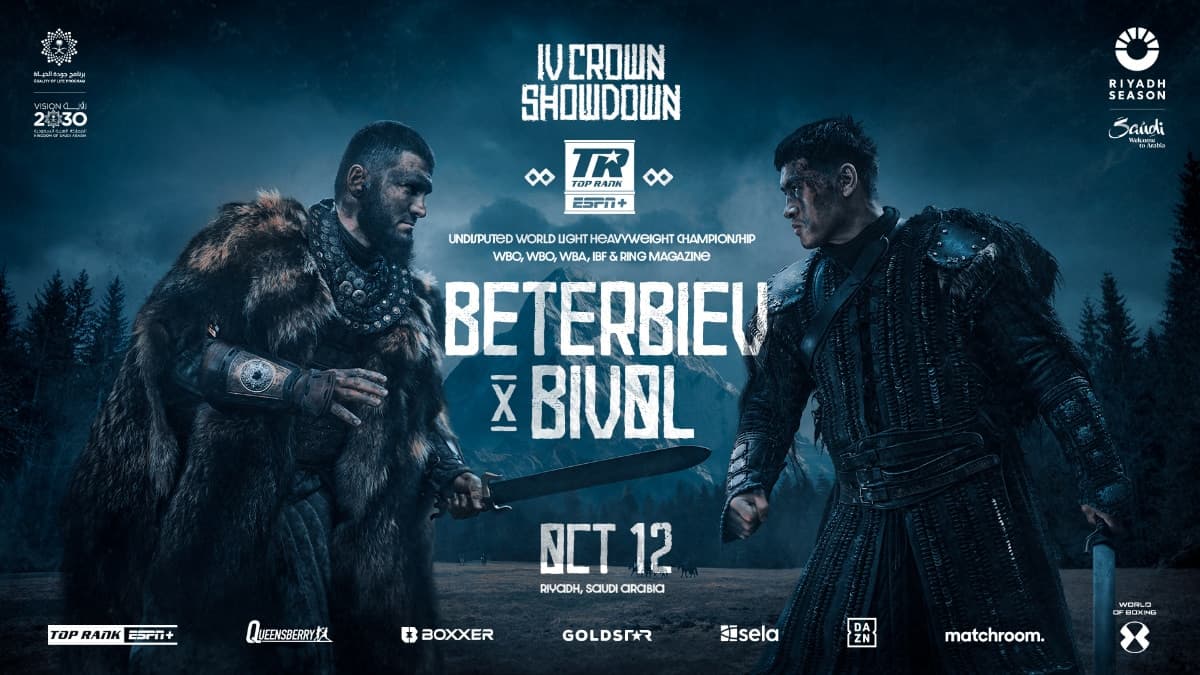
Boxing's Golden Era: When the Best Fought the Best
In contrast to today’s fragmented boxing landscape, the past had an undeniable charm. During the 1960s and 1970s, the top fighters often faced each other in legendary matchups. The heavyweight division, in particular, was stacked with talents like Muhammad Ali, Joe Frazier, and George Foreman. These fighters regularly fought each other, culminating in epic trilogies like Ali vs. Frazier. There was less political maneuvering, fewer promotional barriers, and more emphasis on legacy and glory.
One iconic example is the 1971 Ali vs. Frazier I, dubbed “The Fight of the Century,” where the unbeaten champion Frazier fought the returning Ali, both at the peak of their careers. The entire world tuned in, and boxing was the ultimate spectacle, free from many of today's bureaucratic delays.
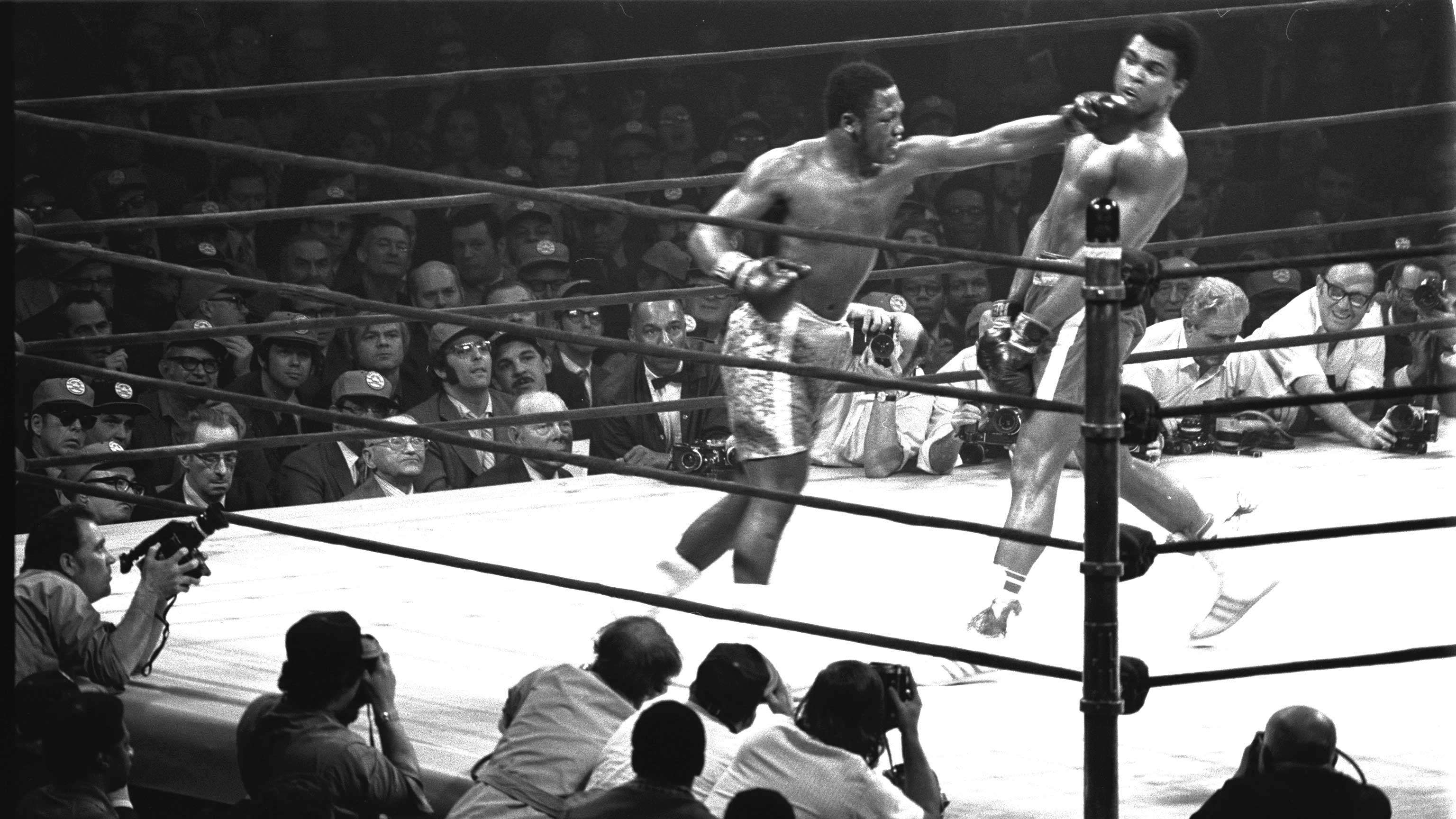
In that era, fighters often prioritized fighting the best rather than chasing lucrative, carefully managed fights. The allure was the best fighting the best, often multiple times over.
The Long Road to the Best Fights
Perhaps the biggest frustration for modern boxing fans is how long it takes to make major fights. The example of Floyd Mayweather vs. Manny Pacquiao is infamous—it took over five years for them to meet in the ring. By the time they did, in 2015, both were past their peak, and the fight itself failed to live up to expectations.
More recently, the potential super fight between heavyweight champions Tyson Fury and Anthony Joshua never materialized, bogged down by promotional politics and legal entanglements. Similar delays plague the sport, with fans still waiting for the likes of Terence Crawford vs. Errol Spence Jr., a fight that only happened in 2023 after years of speculation.
As boxing promoter Bob Arum famously said, "In boxing, you don’t get the fights you want when you want them; you get them when it makes the most business sense."
| Fighter 1 | Fighter 2 | Time to Make Fight | Year of Fight | Result |
|---|---|---|---|---|
| Floyd Mayweather Jr. | Manny Pacquiao | 5+ years | 2015 | Mayweather (UD) |
| Tyson Fury | Anthony Joshua | Never happened (ongoing) | - | - |
| Terence Crawford | Errol Spence Jr. | 5+ years | 2023 | Crawford (TKO) |
| Riddick Bowe | Lennox Lewis | Never happened | - | - |
| Canelo Alvarez | Gennady Golovkin | 2+ years | 2017 | Draw |
UFC's Business Model and Its Drawbacks
While boxing struggles with getting the best fights made, the UFC has a different set of problems. The UFC's centralized control over its fighters ensures that big matchups are made more consistently, but its business model also restricts fighters in ways that can be harmful. Fighters are bound by exclusive contracts and often have limited avenues for sponsorship outside the UFC. For example, when the UFC signed a deal with Reebok in 2015, it severely limited fighters' ability to secure their own sponsors.
Former UFC heavyweight champion Francis Ngannou publicly criticized the UFC for not paying fighters fairly: "It’s not all about money, but if you deserve something, if you deserve more, and they know you deserve it, they should give it to you."
Francis Ngannou & Jake Paul speaking out on fighter pay
Doping Problems in Combat Sports
The issue of doping has been a cloud over combat sports for decades, but it seems particularly rampant in recent years. Notable fighters like Canelo Alvarez and Jon Jones have both been implicated in doping scandals. Alvarez tested positive for clenbuterol in 2018, which led to a six-month suspension. Jones has had multiple instances of testing positive for banned substances, with fights either postponed or canceled.
The reliability of drug testing remains a concern, and the fear of seeing a major fight canceled due to doping hangs over the sport like a dark cloud.
Below is a table of some high-profile doping cases in boxing and MMA:
| Fighter | Substance Tested Positive For | Year | Consequence |
|---|---|---|---|
| Canelo Alvarez | Clenbuterol | 2018 | 6-month suspension |
| Jon Jones | Turinabol | 2017 | Stripped of UFC title |
| Alexander Povetkin | Meldonium | 2016 | Fight cancellation |
| Luis Ortiz | Nandrolone | 2017 | 1-year suspension |
The Business and Conduct Crisis in Combat Sports
Boxing has long faced criticism for its shady business dealings, with figures like Don King and Bob Arum often prioritizing profits over the sport’s integrity. However, promoters like Eddie Hearn have revitalized boxing by organizing major matchups, emphasizing entertainment to keep the sport alive. As Mike Tyson noted, “Boxing is a business.”
Modern fighters like Conor McGregor and Adrien Broner are notorious for bad behavior outside the ring, often overshadowing their athletic skills. Pre-fight trash talk has escalated to vulgarity, damaging the sport’s reputation and making it harder for fans to see athletes as role models.
Navigating the Chaos of Combat Sports
For today’s combat sports fan, following boxing or MMA is an unpredictable and often frustrating journey. The frequent delays in making big fights, controversial refereeing, doping scandals, and the antics of fighters outside the ring leave fans feeling uncertain about the sport's integrity.
Despite the controversies, there are still moments of brilliance in the ring. Here are six epic knockouts and thrilling matchups that have kept fans on the edge of their seats.
%2Fcdn.vox-cdn.com%2Fuploads%2Fchorus_image%2Fimage%2F54535923%2F674911750.0.jpg&w=3840&q=75)
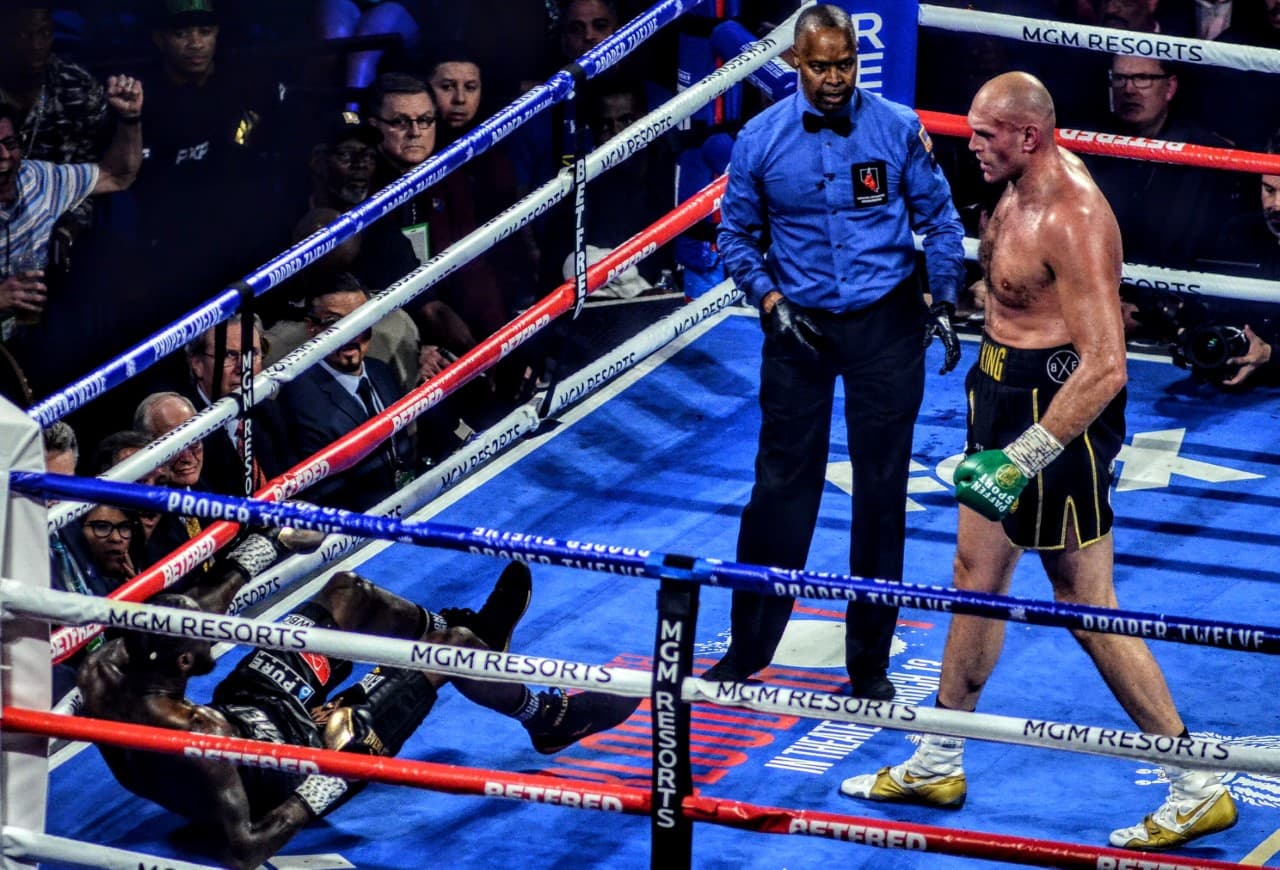

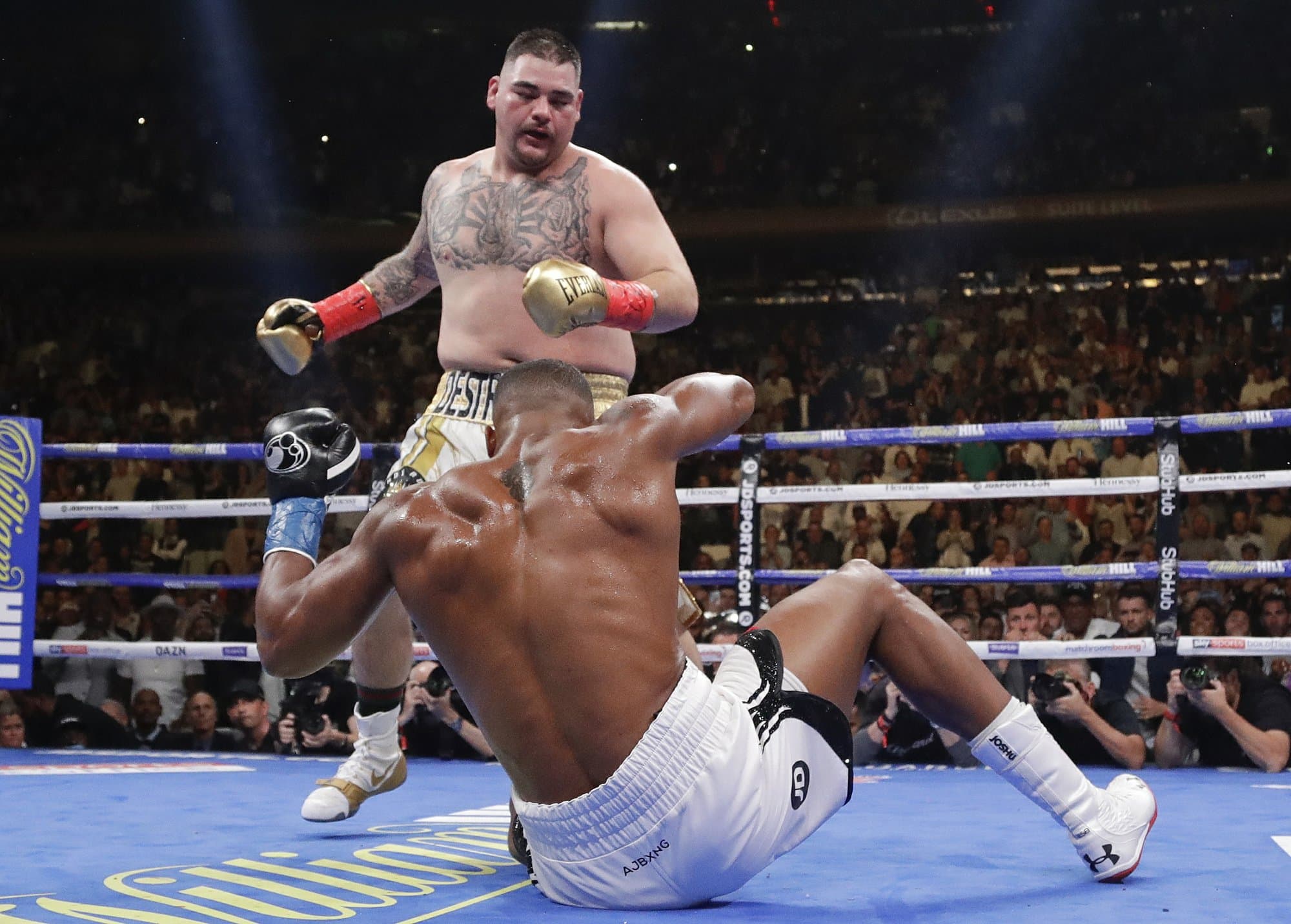

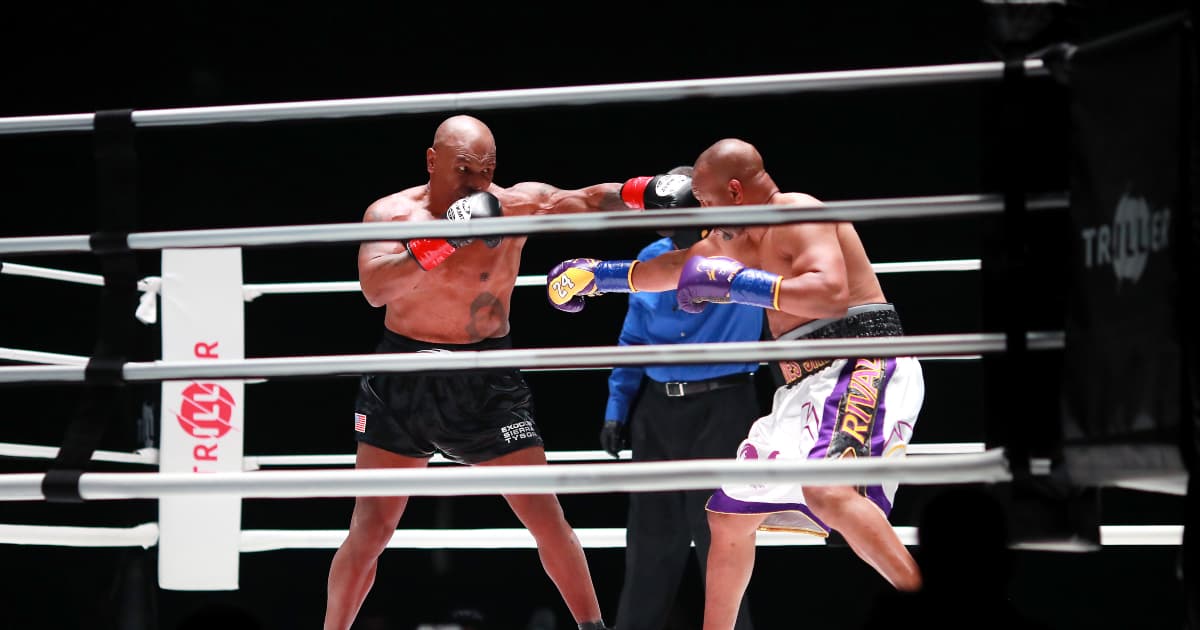
In the end, modern combat sports are as much about the spectacle outside the ring as they are about the competition inside it. Fans must decide whether the rare brilliance is worth the chaos that comes with it.